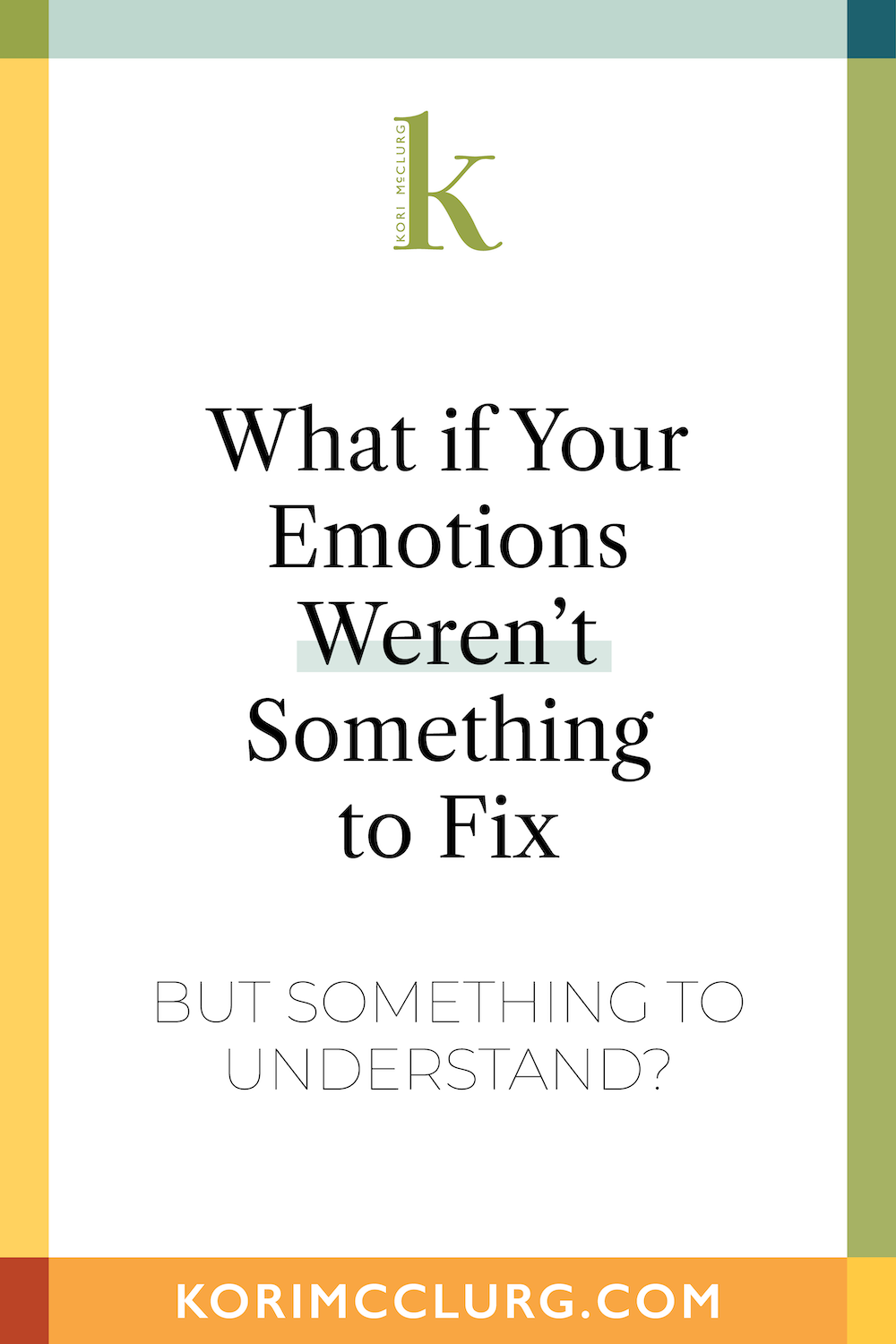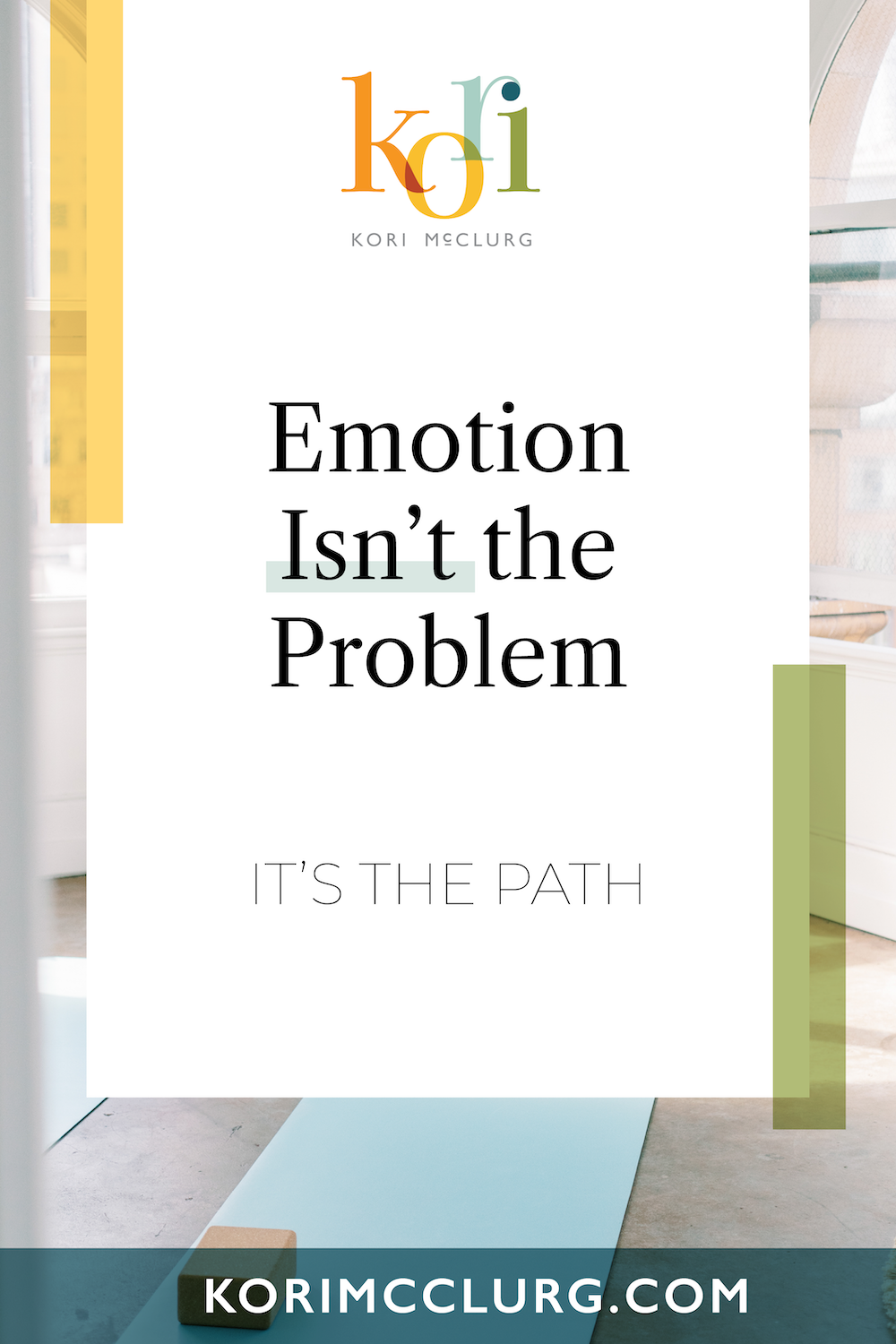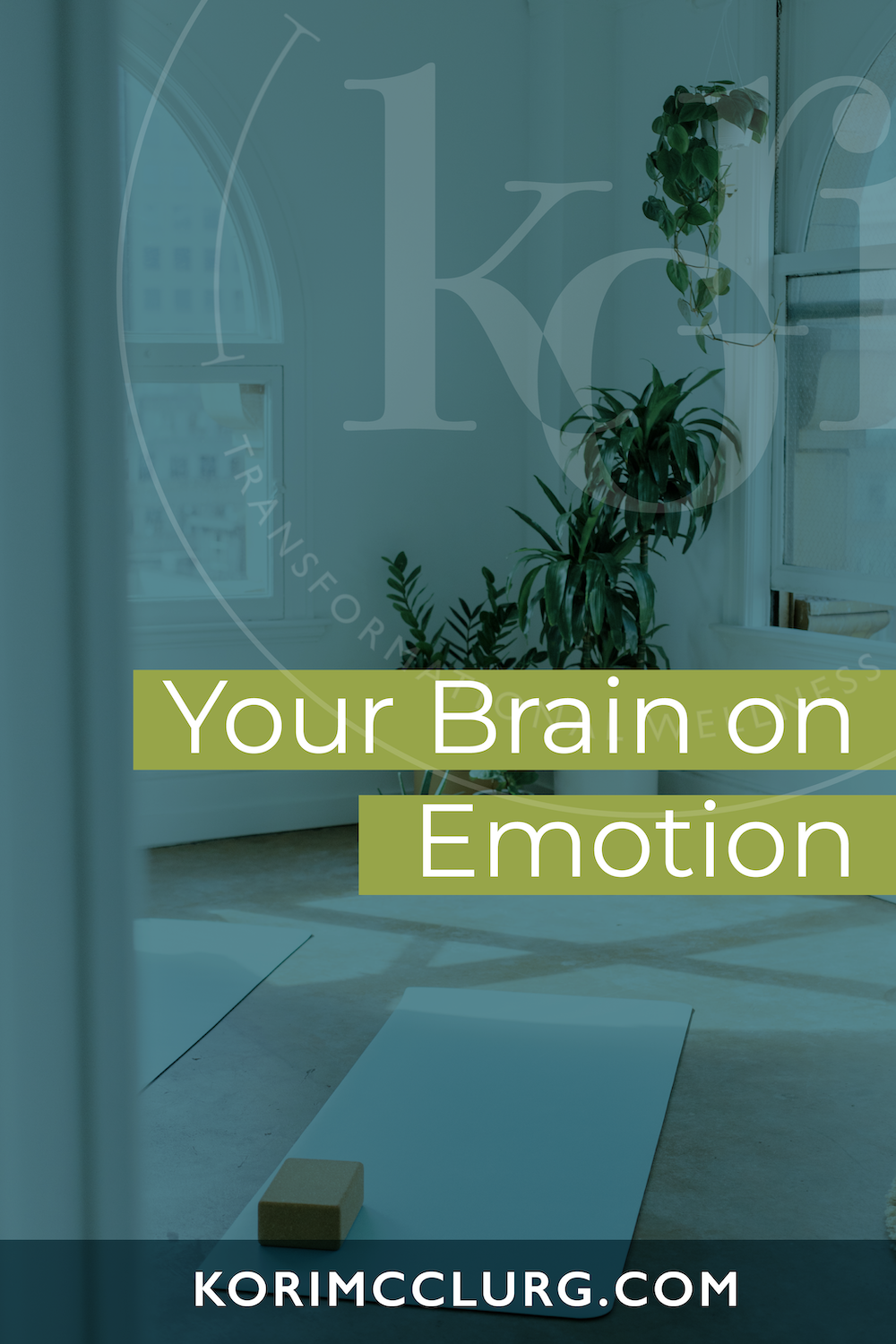Today, we’re tackling a topic that many of us struggle with: emotions. Often, we find ourselves getting in our own way because we misunderstand the role that emotions play in our lives and how they play into our health and wellness. I used to be a master at compartmentalizing my feelings, believing that emotions were a hindrance to success. Let me share my journey and insights on this crucial subject.
How It Started for Me
As a teenager, I quickly learned that emotions could complicate life. I came to view them as obstacles rather than essential parts of the human experience. Around that time, I became enamored with a character from *Star Trek: The Next Generation*—Data, the android. Data was superhuman in almost every way, capable of processing information at lightning speed and performing tasks far better than any human could. But he lacked one critical element: emotion.
Data’s quest to understand and acquire emotions struck me as absurd. I admired his ability to function without feelings, seeing it as a kind of strength. For years, I aspired to emulate that trait, believing that if I could just suppress my emotions, I would be unstoppable.
After decades of striving to be like Data, I finally realized this was a misguided pursuit. Emotions are not merely inconveniences; they are essential to our existence. Our brains evolved to produce emotions for a reason. They are chemicals that help us survive, thrive, and connect with one another.
Take dopamine, for example. This chemical rewards us for behaviors that enhance our chances of survival, like seeking food. The rush of dopamine creates feelings of pleasure and satisfaction, reinforcing the behaviors that led to those feelings. Similarly, serotonin offers a more subtle sense of well-being, encouraging us to continue engaging in activities that support our health and happiness.
It’s Different Here
In today’s world, our environment is vastly different from the one in which our ancestors lived. The instinctual drives that once kept our species alive can now lead us into challenges. With easy access to food and substances, we find ourselves grappling with unhealthy habits that didn’t exist a thousand years ago.
This disconnect means we must become conscious of our emotions and thoughts rather than allowing them to dictate our actions. Denying or judging our feelings only complicates matters further. Instead, we should accept our emotions as natural and necessary parts of being human.
The bottom line is that emotions are vital to our survival and well-being. To move forward, we need to work with our feelings, not against them. This means acknowledging our emotions without judgment and viewing them as valuable data about ourselves and our environments.
Recommended Resources for Understanding Emotions
I recommend reading *The Pleasure Trap* by Dr. Doug Lisle and Dr. Alan Goldhammer, which explores how our evolved emotional responses clash with the modern environment. The book delves into how our reward systems can be hijacked by our environment and offers insights on how to navigate these challenges.
Additionally, I’ve found some enlightening videos on YouTube that explain how our brains work in this context. One focuses on addiction, but don’t let the terminology deter you; it’s about understanding how our brains react to stimuli and not about labeling anyone.
Emotions are Not a Weakness
Emotions are not a weakness; they are a fundamental part of who we are. Rather than denying or suppressing them, let’s embrace our feelings and learn from them. By practicing awareness and acceptance, we can make better choices and lead more fulfilling lives.
Remember, it’s okay to have emotions. They are a testament to your humanity and essential for navigating life’s complexities. Let’s stop beating ourselves up for feeling and start learning how to understand and work with our emotions for a healthier, happier life.
Check out my episode of the Get Out of Your Own Way podcast for more on how your brain works!
Emotions and the Brain by Sentis:
How an Addicted Brain Works by Yale Medicine:
Published research on our on brains and the modern environment:
Volkow, N. D., Wang, G. J., Fowler, J. S., & Tomasi, D. (2012). Addiction circuitry in the human brain. Annual Review of Pharmacology and Toxicology, 52, 321-336.
Schultz, W. (1998). Predictive reward signal of dopamine neurons. Journal of Neurophysiology, 80(1), 1-27.
Berridge, K. C., & Robinson, T. E. (1998). What is the role of dopamine in reward: Hedonic impact, reward learning, or incentive salience? Brain Research Reviews, 28(3), 309-369.
Save for later—Pin This Post!





If you liked this post, I think you should read these too:
November 3, 2024
All content ©Kori McClurg 2025
Branding & Site Design by Moriah Riona Branding
All content ©Kori McClurg 2025